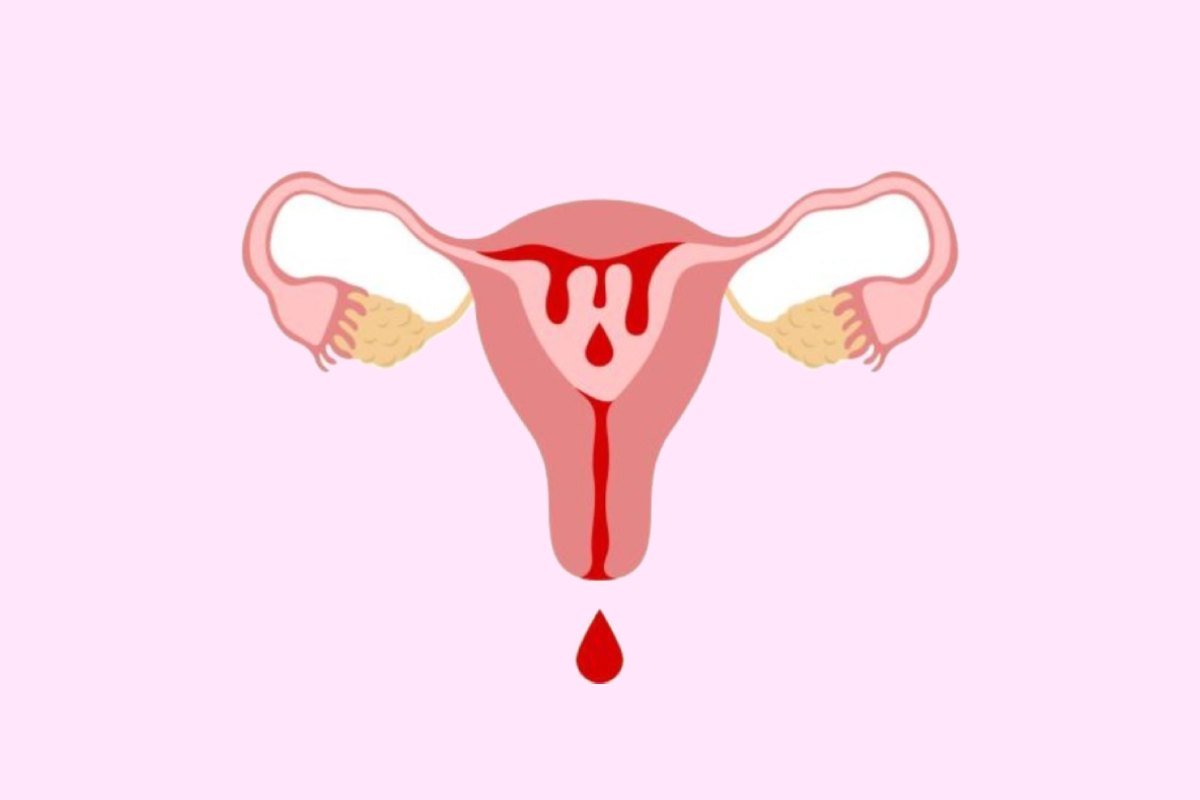State-of-the-Art Gynecology Care
"Our modern facilities are equipped to provide complete AUB management in a calm, supportive environment."

Abnormal Uterine Bleeding (AUB) refers to any irregularity in a woman’s menstrual cycle, including heavy bleeding, bleeding between periods, or prolonged periods. It can affect women of all ages and may signal underlying health conditions.
Our expert gynecologists use advanced diagnostic tools to identify the root cause of AUB and provide personalized treatment plans to restore normal menstrual health and improve quality of life.
We understand how distressing abnormal bleeding can be. Our team offers sensitive and comprehensive care to support you at every step.
From ultrasounds to hysteroscopy, we use precise methods to determine the cause of abnormal bleeding.
We offer hormonal therapy, minimally invasive surgery, and other options based on your condition and goals.


"Our modern facilities are equipped to provide complete AUB management in a calm, supportive environment."
We ensure clarity and comfort throughout your journey with a step-by-step diagnosis and treatment process.
Detailed medical history and physical examination to understand your symptoms.
Ultrasound, blood work, and/or hysteroscopy to identify underlying causes.
Personalized approach to treat the root cause and manage symptoms effectively.
We prioritize your comfort and reproductive health, offering treatments that restore hormonal balance and cycle regularity.
Understanding menstrual patterns and any related health issues.
Lab tests, scans, and scopes to uncover internal causes.
Hormone therapy, minor surgery, or medication for long-term relief.

Causes include hormonal imbalances, fibroids, polyps, endometriosis, or more serious conditions like cancer.
Diagnosis may include physical exams, blood tests, ultrasounds, and hysteroscopy depending on symptoms.
Yes, many cases are managed with medication, lifestyle changes, or hormone therapy. Surgery is only needed in certain cases.